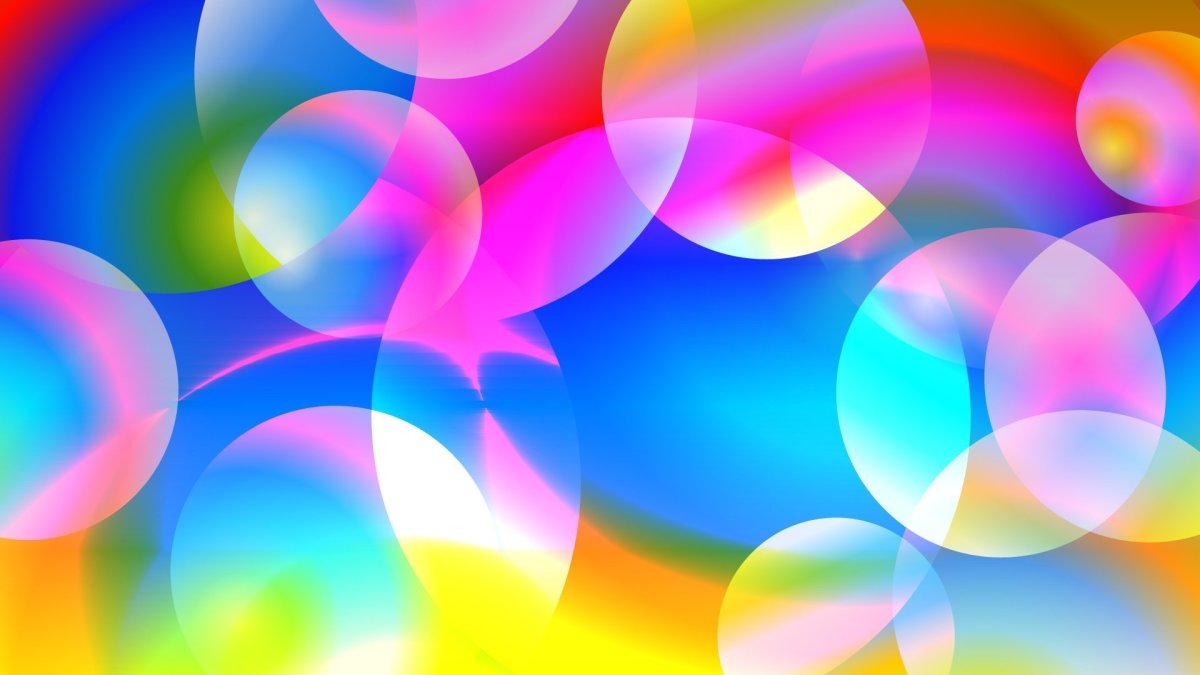Opera is a form of musical theater that combines music, drama, and visuals to create a powerful and emotional experience for its audience. It has a rich history that spans centuries, evolving from its origins in Italy in the late 16th century to become one of the most popular and enduring forms of entertainment in the world. In this article, we will explore the fascinating journey of opera from its humble beginnings with composers like Claudio Monteverdi to the modern masters who continue to push the boundaries of this art form.
The Early Years: Monteverdi and the Birth of Opera
The history of opera can be traced back to the late 16th century, when composers like Claudio Monteverdi began experimenting with combining music and drama in new and innovative ways. Monteverdi’s opera “L’Orfeo,” which premiered in 1607, is considered by many to be the first true opera. It combined singing, acting, and instrumental music to tell the story of Orpheus and Eurydice in a way that had never been seen before.
Monteverdi’s pioneering work set the stage for the development of opera as a distinct art form, and his influence can still be felt in the operas of today. His use of expressive vocal writing, intricate instrumental accompaniment, and dramatic storytelling techniques laid the foundation for the operatic tradition that would follow.
The Baroque Era: Handel and the Rise of Opera Seria
During the 17th and 18th centuries, opera continued to evolve and flourish, particularly in Italy and Germany. Composers like George Frideric Handel became known for their operas, which were often grand and elaborate productions featuring heroic themes and complex vocal writing. Handel’s operas, such as “Rinaldo” and “Julius Caesar,” helped to popularize the genre and solidify its place in the cultural landscape.
Opera seria, a style of opera that focused on serious and heroic subjects, became especially popular during the Baroque era. Composers like Handel and Alessandro Scarlatti created elaborate operas that showcased the virtuosic talents of their singers and musicians. These works were often performed in royal courts and theaters, attracting audiences from all walks of life.
The Classical Period: Mozart and the Enlightenment
The Classical period of opera, which spanned the late 18th and early 19th centuries, brought about a new focus on clarity, simplicity, and emotional depth. Composers like Wolfgang Amadeus Mozart and Christoph Willibald Gluck sought to create operas that were more relatable and accessible to a wider audience.
Mozart’s operas, such as “The Marriage of Figaro” and “Don Giovanni,” are among the most beloved and enduring works in the operatic repertoire. They combine music of unparalleled beauty with compelling storytelling and complex character development. Mozart’s operas are a testament to the power of music to convey emotion and meaning in a way that transcends language and culture.
The Romantic Era: Verdi, Wagner, and the Rise of Grand Opera
The 19th century saw the rise of Romantic opera, a style that emphasized emotion, drama, and spectacle. Composers like Giuseppe Verdi and Richard Wagner pushed the boundaries of the art form, creating operas that were larger in scale and more ambitious in scope.
Verdi’s operas, such as “La Traviata” and “Aida,” are known for their powerful melodies, dramatic storytelling, and memorable characters. Wagner’s operas, such as “Der Ring des Nibelungen” and “Tristan und Isolde,” are epic in scale and groundbreaking in their use of leitmotifs and orchestration.
The Modern Era: New Directions in Opera
In the 20th and 21st centuries, opera continued to evolve and adapt to changing cultural and artistic trends. Composers like Benjamin Britten, Philip Glass, and John Adams experimented with new forms and styles, incorporating elements of jazz, rock, and electronic music into their operas.
Contemporary opera composers continue to push the boundaries of the art form, exploring new themes, narratives, and techniques in their work. Opera companies around the world are commissioning new operas and staging innovative productions that challenge traditional notions of what opera can be.
Conclusion
Opera is a vibrant and timeless art form that continues to captivate audiences around the world. From its humble beginnings with Monteverdi to the modern masterpieces of today, opera has a rich and storied history that reflects the cultural, social, and artistic trends of the times. As opera continues to evolve and innovate, it remains a powerful and emotional experience that transcends language, culture, and time.

